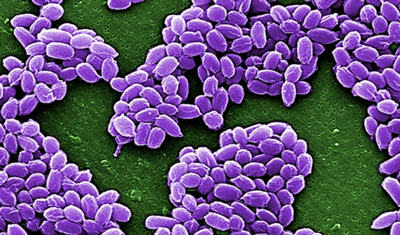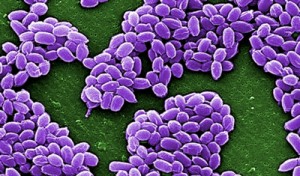FDA approves anthrax exposure vaccine BioThrax
Posted: 24 November 2015 |
BioThrax is the first vaccine to receive approval based on the Animal Rule. The Animal Rule allows animal efficacy data to be used as a basis for approval when human efficacy studies are not ethical or feasible…


The US Food and Drug Administration (FDA) has approved a new indication for Emergent Biosolutions’ BioThrax (Anthrax Vaccine Adsorbed) to prevent disease following suspected or confirmed exposure to Bacillus anthracis, the bacterium that causes anthrax disease.


The vaccine’s new use is approved for people 18 through 65 years of age in conjunction with recommended antibiotic treatment. BioThrax was initially approved by the FDA in 1970 for the prevention of anthrax disease in persons at high risk of exposure.
“With today’s approval of BioThrax, we now have a vaccine that can be used, together with antibiotic treatment, to prevent disease after exposure to anthrax spores,” said Karen Midthun, M.D., director of the FDA’s Center for Biologics Evaluation and Research.
BioThrax received approval based on the Animal Rule
BioThrax is the first vaccine to receive approval based on the Animal Rule. The Animal Rule allows animal efficacy data to be used as a basis for approval when human efficacy studies are not ethical or feasible.
Protective antibody levels, which were determined in rabbit and monkey studies, were used to predict efficacy in humans based on an assessment of the extent of antibody response achieved in human study participants. A 70% probability of survival in animal models from inhalational anthrax disease was deemed a reasonable level of protection and likely to provide reasonable benefit in humans.
The ability of BioThrax to increase the probability of survival after stopping post-exposure antibiotic treatment was assessed in rabbits. Rabbits treated with both antibiotics and BioThrax had a survival rate of 70% to 100%, depending on the vaccine dose administered. In contrast, in two studies of rabbits that received only antibiotic treatment, survival rates were 44% and 23% respectively.
The safety and antibody responses to BioThrax in humans were evaluated in a multi-center study conducted in the United States. Subcutaneous (under the skin) injections were given to 200 healthy adults in three doses at zero, two, and four weeks. The majority of study participants generated antibody responses that correlated to a 70% probability of survival that was observed in animal models.



